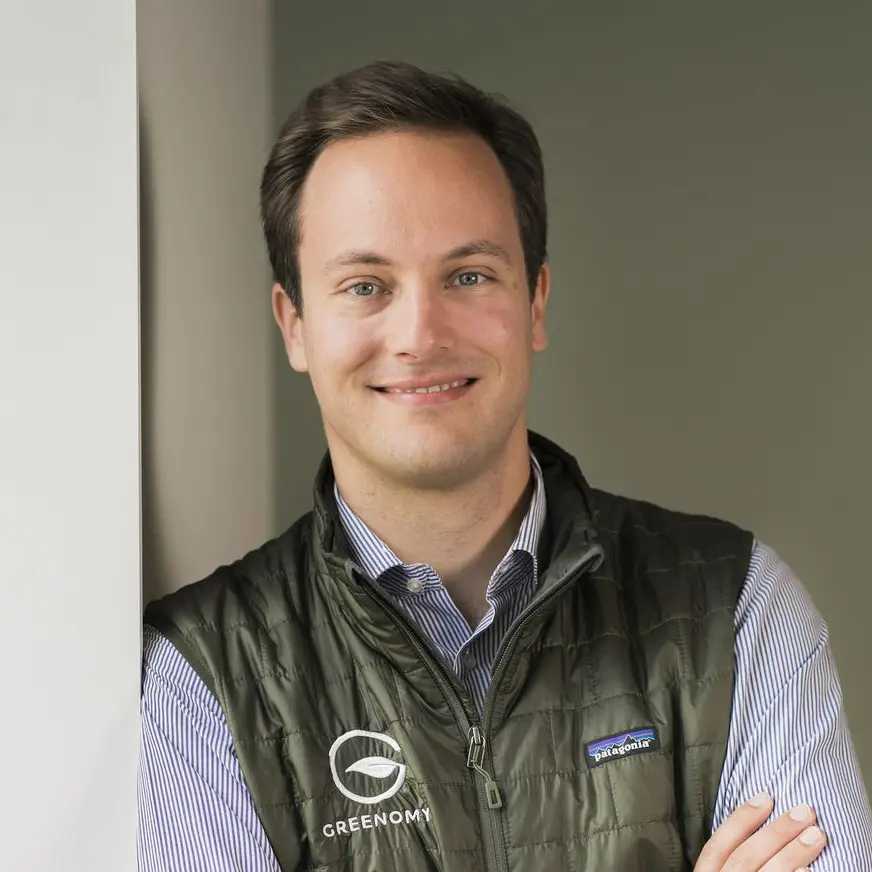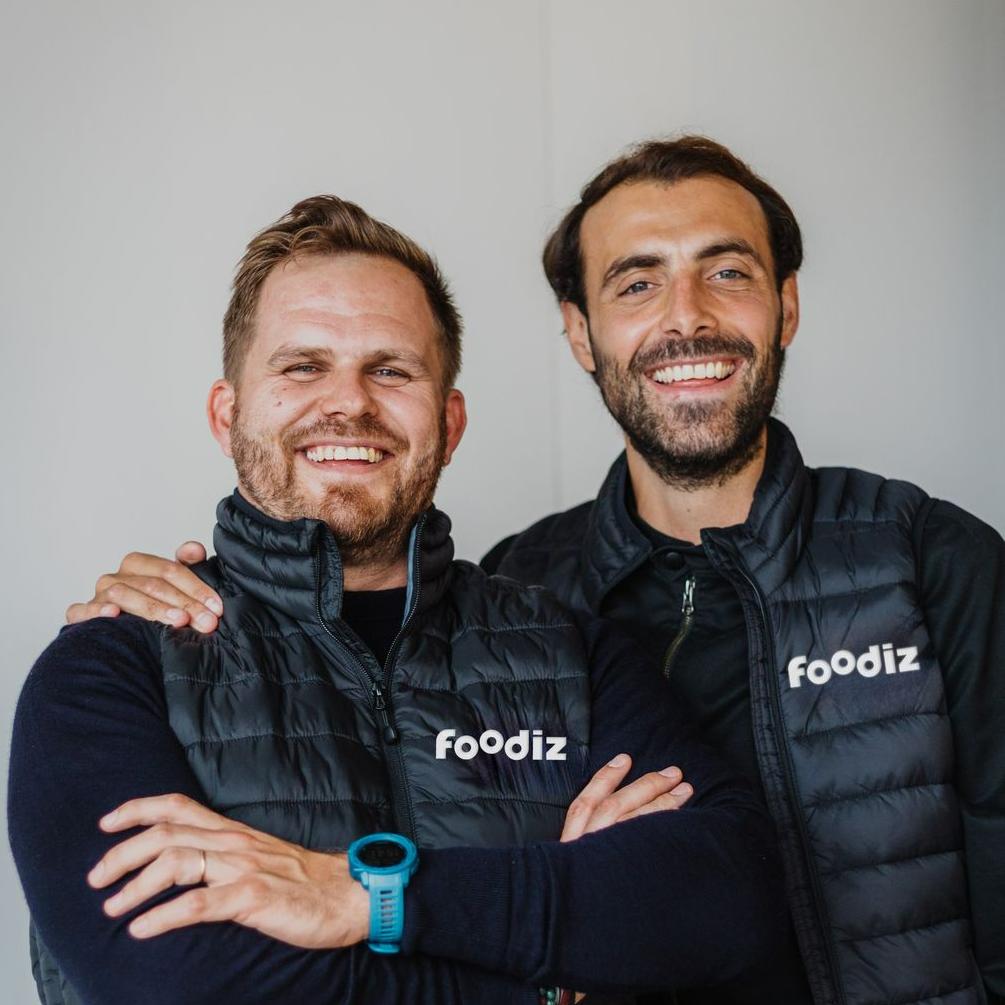Despite the obstacles, Brussels is still a good location for start-ups to flourish. Here are some figures and personal experiences...
A debate regularly occupies the minds of the people of Brussels: is the capital losing its entrepreneurs at an accelerated rate, as a victim of an unfavourable environment for business to flourish? The unease denounced by some is real, as illustrated by the figures from the ‘baromètre des indépendants et PME’ (barometer of the self-employed and SMEs). The survey, carried out by Brupartners among more than 300 entrepreneurs in autumn 2023, showed that no less than 39% were considering moving their business outside the Brussels-Capital Region. Mobility and parking, charges and taxes, cleanliness and insecurity: their concerns are well known.
Nuanced figures
To what extent do these feelings translate into action? We're curious to find out the new figures in a few months' time, but the ones we already have suggest some nuance. For example, in 2022, the Brussels Institute for Statistics and Analysis counted just under 3,000 company departures - including 2,000 to Walloon Brabant and Flemish Brabant - compared to 2,000 arrivals. These figures are similar to those recorded the year before, reflecting a degree of stability. Moreover, this negative migration balance is seen by many as natural and not necessarily worrisome, as many of these companies continue to operate in the Brussels economic hinterland.
This is all the more true given that, according to the Starter Atlas published by Graydoncreditsafe, UCM and Unizo last summer, there has been a slight increase in the number of start-ups. Between 2017 and 2023, Brussels welcomed between 12,000 and 13,000 new businesses each year, including ‘natural persons’. With a rate of 9.7 start-ups per 1,000 inhabitants, the capital also boasts a high density of starters, only slightly lower than that of Flanders.
Brussels still seems to have plenty to offer. Meet two entrepreneurs and discover why they chose Brussels to launch their business.
Alexander Stevens founded Greenomy in 2021. His platform supports companies and their investors in the production, analysis and transmission of ESG data and reports, enabling them to comply with European CSRD regulations. At the end of 2022, the scale-up welcomed Euroclear as a major shareholder, enabling it to tackle the European market with determination.
Brussels rather than London or Amsterdam
'There is no better place to launch a regtech. We're at the heart of the institutions where ESG legislation is passed and where EFRAG is based, the advisory group to which the Commission has entrusted the development of reporting standards. Many conferences and meetings are held here. We meet the players and keep in touch with developments very quickly. And we are ideally located between Paris, London, Luxembourg, Amsterdam and Frankfurt - cities that are commercially important to us.'
Limited presence of Venture Capital: a handicap?
'Not in my opinion. When we launched, we found a very good financial partner in finance&invest.brussels, in addition to a series of Belgian and Luxembourg business angels and family offices. Today, Euroclear is our reference shareholder, but we are being approached by venture capital and private equity firms from all over Europe and the United States. A key element is that from the outset we made sure to position ourselves as a European rather than a Belgian company.'
Attracting talent
'As a truly European company, a small third of our team is spread across the continent. But our centre of gravity remains in Brussels and, quite frankly, that has a lot of advantages. The cost of living makes it much cheaper to set up a business here than in London. There's also less competition. The big handicap - in Belgium more than in Brussels - is the tax regime for stock options, which really puts us at a disadvantage compared with other European countries.'
Local ecosystem: sufficiently rich
‘With LHoFT, Luxembourg has taken the inspiring step of bringing together all its fintechs and regtechs under one roof. We could learn from it. That being said, the BeClimate Hub, which brings together climatetech companies, is very promising. There's also fintech Belgium, the public sector and the financial giants Euroclear and Swift. Innovative start-ups can work with all these players. Beyond that, I think an ecosystem is really taking shape, with a host of creators, studios like efounders, and role models like Collibra. It's all very virtuous.’
Thibault Vanhaelen founded foodiz with Quentin Walravens in 2020. His online canteen for businesses has set up its kitchens in Laeken. It now delivers almost 800 meals a day to 80 companies and is expanding its presence in Wallonia.
Brussels, a strategic choice
'We might have had the same success elsewhere, but Brussels was an obvious choice given our business model, which is 100% B2B. Firstly, the city has a large concentration of office spaces - the European Quarter, the Zaventem/Diegem/Evere area, the city centre, Anderlecht, the North Station, etc. Secondly, we found a location that was close to both our customers and our suppliers, which is absolutely key. Finally, we were able to take advantage of the financial aid available, particularly via Hub.brussels and finance&invest.brussels.'
Mobility, a major obstacle?
'We've been able to overcome it thanks to deliveries at different times to those at peak times, carefully planned dispatching of our delivery drivers and technology that allows us to quickly inform our customers in the event of delays. We want to see challenges as opportunities to develop innovative solutions. But in the long term, if nothing is done, the cost of labour in Belgium will be a huge obstacle to our growth.'
Perfectible ecosystem
'Many food producers have developed a beneficial presence north of Brussels, which enables us to promote the short distribution circuit. On the tech side, expertise is also present. Today, our platform is designed by an agency. We'd like to hire an in-house developer, but we won't be able to do that until Brussels sets up a technology development support mechanism comparable to the one in Wallonia.


Alexander Stevens, Quentin Walravens (left) et Thibault Vanhaelen (right),
CEO Greenomy Co-founders of Foodiz